
Planning to export products to China? Then you may need to ensure that your products are compliant with the China Compulsory Certification (CCC), which applies to anything from electrical equipment to toys.
In this article, Julian Busch – managing director of MPR China Certification GmbH – shares some of his knowledge of CCC. Keep reading, and learn more about the CCC documents, labeling requirements and the different product categories to which CCC applies.
Content Overview

FREE CONSULTATION CALL (US, EU & UK)
- Request a free 30-minute call with Ivan Malloci to learn how we can help you with:
- Find product requirements
- Certification and labeling
- Lab testing
What is the CCC mark?
China Compulsory Certification (CCC) is similar to other certifications for product quality standardization – such as the European CE system – but there are important differences.
The CCC certificate was introduced in 2002 and applies to imported goods as well as to Chinese products.
Products which require certification may only be imported, sold and/or used in business activities in China, after a China Compulsory Certification has been obtained.
Failure to comply with CCC regulations will lead to imported goods being detained at the border or returned to the sender.
Likewise, improper use of CCC licenses or printing a CCC-mark on products without certification will also result in fines and penalties.
Even if a product does not need China Compulsory Certification, problems may still arise if a customs officer demands a CCC certificate.
For this reason, Clearance Certificates are recommended in order to significantly reduce the risk of import-related problems.
The two most important elements of China Compulsory Certification (CCC) certification are product testing (products that are to be certified are sent to test laboratories in China) and factory audits (inspection of the product manufacturers by Chinese auditors).
Once a certification is granted, it is valid for several years but must be maintained through annual follow-up audits.
The CCC certification process also includes comprehensive application documents, factory preparation and various payments and fees.
For experienced companies, the entire process can be completed within 4-5 months.
Manufacturers of products with a CCC obligation are required to apply for the CCC Certification with the responsible certification authority. Only the manufacturer of the product can apply for the CCC certification
Which products must be CCC marked?
Brief list of products that are covered.
The following table provides a brief overview of products for which certification is mandatory.
1. Electrical wires and cables
2. Circuit switches, electric devices for protection or connection
3. Low-voltage Electrical Apparatus
4. Low power motors
5. Electric tools
6. Welding machines
7. Household and similar electrical appliances
8. Audio and video apparatus (not including the audio apparatus for broadcasting service and automobiles)
9.Information technology equipment
10. Lighting apparatus (not including the lighting apparatus with the voltage lower than 36V)
11. Telecommunication Terminal equipment
12. Motor vehicles
13. Motor vehicle Tires
14. Safety Glasses
15. Agricultural Machinery
16. Latex Products
17. Medical Devices
18. Fire Fighting Equipment
19. Safety Protection Products
20. Home Decor and Remodeling Products
21. Safety Parts and Accessories of Vehicles and Motorcycles
22. Toy Products
23. IT Products
Which products are not required to be CCC marked?
It is not easy to list for which products CCC is not mandatory. It depends on a lot of details, if CCC is required or not.
If the product cannot be found in the list of products requiring a certification that is a good indicator that no CCC is needed. Before exporting that should nevertheless be checked again.
How do I find out which standards a ‘CCC mark product’ must comply with?
With the introduction of CCC in 2002, the certification authorities AQSIQ and CNCA published the “First Catalogue of Products Subject to China Compulsory Certification (CCC)”.
This catalog of products requiring certification was subject to continuous changes and has expanded since its first issue.
A CCC certification must, therefore, be conducted for the product groups appearing in the list and the announcements of AQSIQ and CNCA.
These announcements show also the relevant Chinese GB standards and CNCA Implementation Rules that apply for the specific products.
What kind of documents do I need to prepare as an exporter?
You have to prepare the application documents and submit them to the Chinese authority. The documents depend highly on the products for which CCC shall be obtained but generally include specific product parameters, components and suppliers.
Also, documents about the company such as the quality manual need to be provided.
Can exporters do all the CCC procedures themselves, or should they hire a consultant?
Everyone is entitled to apply for CCC. Nevertheless, lacking connections, relationships with authorities (guanxi), and experience, as well as limited knowledge about the certification process, can lead to higher costs and longer certification periods.
As the certification authority does not indicate any application errors or give council on filling out forms, certification can be complicated, especially for first-time applicants, even if they are familiar with Chinese regulations and necessary documents.
If you are interested to know more about the cost, please have a look at the following article.
What can happen if I export products to China that are not CCC marked?
First of all, you have to know if a CCC certification is mandatory for your product before you send it to China.
If a CCC certification is needed and you don’t have the certification, then your products will most likely not pass through the Chinese customs.
The Chinese customs will send you the product back or sometimes the shipment is being destroyed.
If CCC is not mandatory for your product you are allowed to send it without any CCC marking. Even if a product is not subject to CCC certification, several problems can appear at the Chinese customs.
To avoid problems, a CCC Clearance Certificate can be issued to show that this product does not need the certification.
This CCC Clearance Certificate might also be necessary to show partners and customers in China that a specific product does not require CCC.
Do Chinese buyers expect that overseas Exporters ensure CCC compliance by themselves?
Only the manufacturer of the product can apply for a CCC certification. If exporters want to export goods to China, they have to check by themselves if a CCC certification is required or not.
In some cases, the Chinese buyers know if a CCC certification is mandatory and will inform the exporter.
For the CCC certification process, only the manufacturer is responsible. That is the reason why the Chinese buyers expect that the Certification will be done by the manufacturers.
Without valid certification, Chinese buyers cannot conduct customs clearance in China.
How can MPR China Certification GmbH help companies looking to export to China?
Since 2005, MPR China Certification GmbH has supported numerous manufacturers with their CCC certification and currently handles certification for several hundred factories, overseeing follow-up audits, certification management, and change management.
The shortest route to CCC certification is China Certification’s all-inclusive package.
We understand that CCC can be a complex hurdle for manufacturers and therefore, we competently cater to their needs at every level by providing the following services:
1. Checking the necessity of certification for products;
2. Complete CCC application preparation (including assistance with form completion, communication with the certification authority, and handling the necessary payments);
3. Complete handling of the product testing (completion of the customs clearance, document exchange, handling of payments, communication with Chinese test labs and evaluation of test reports);
4. Complete audit preparation (application, coordination and communication with the certification authority, document exchange, handling of payments, organization of inspection and travel program, as well as providing the required documents, information and checklists for the audit preparation);
5. One day pre-audit (Working through provided checklists, review of Quality Management documentation, Support in preparation of control procedures for CCC certification);
6. Complete audit escort (travel escort for the auditors, a professional interpreter (Chinese-English) for the
audit and checking of the inspection report);
7. Complete preparation for obtaining your CCC printing permission (advice on marking best practices, application for printing permission and templates for product labeling with the CCC logo and factory code);
8. Complete organization of follow-up certification, including audit;
9. And prolongation of the permission of printing.
We also check if a product needs CCC certification at all and offer customs clearance services as well as clearance certificates.
For more information, please visit our website www.china-certification.com/en
About the Author
Julian Busch is managing director of MPR China Certification GmbH – China Certification Corporation, a company that supports manufacturers’ worldwide obtaining product certifications for the Chinese market. He can be reached at [email protected].


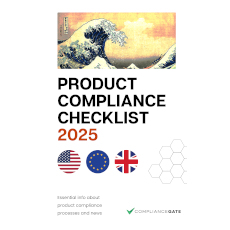
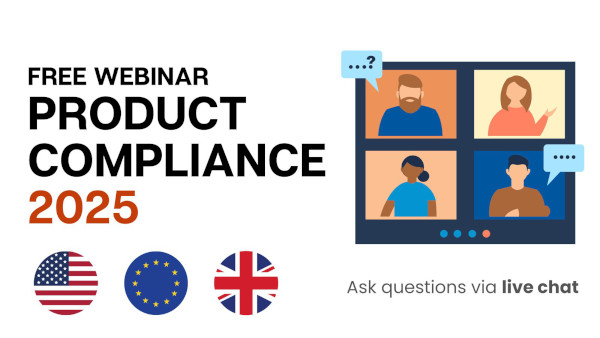
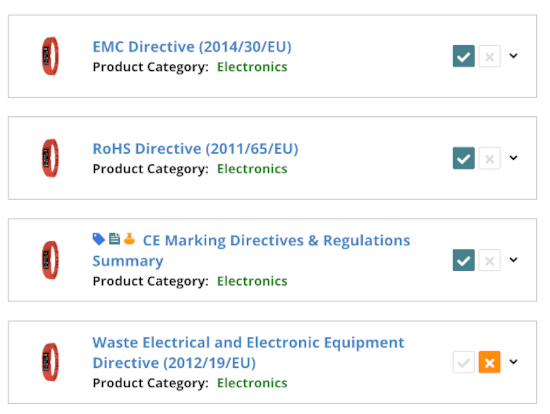
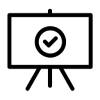





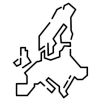

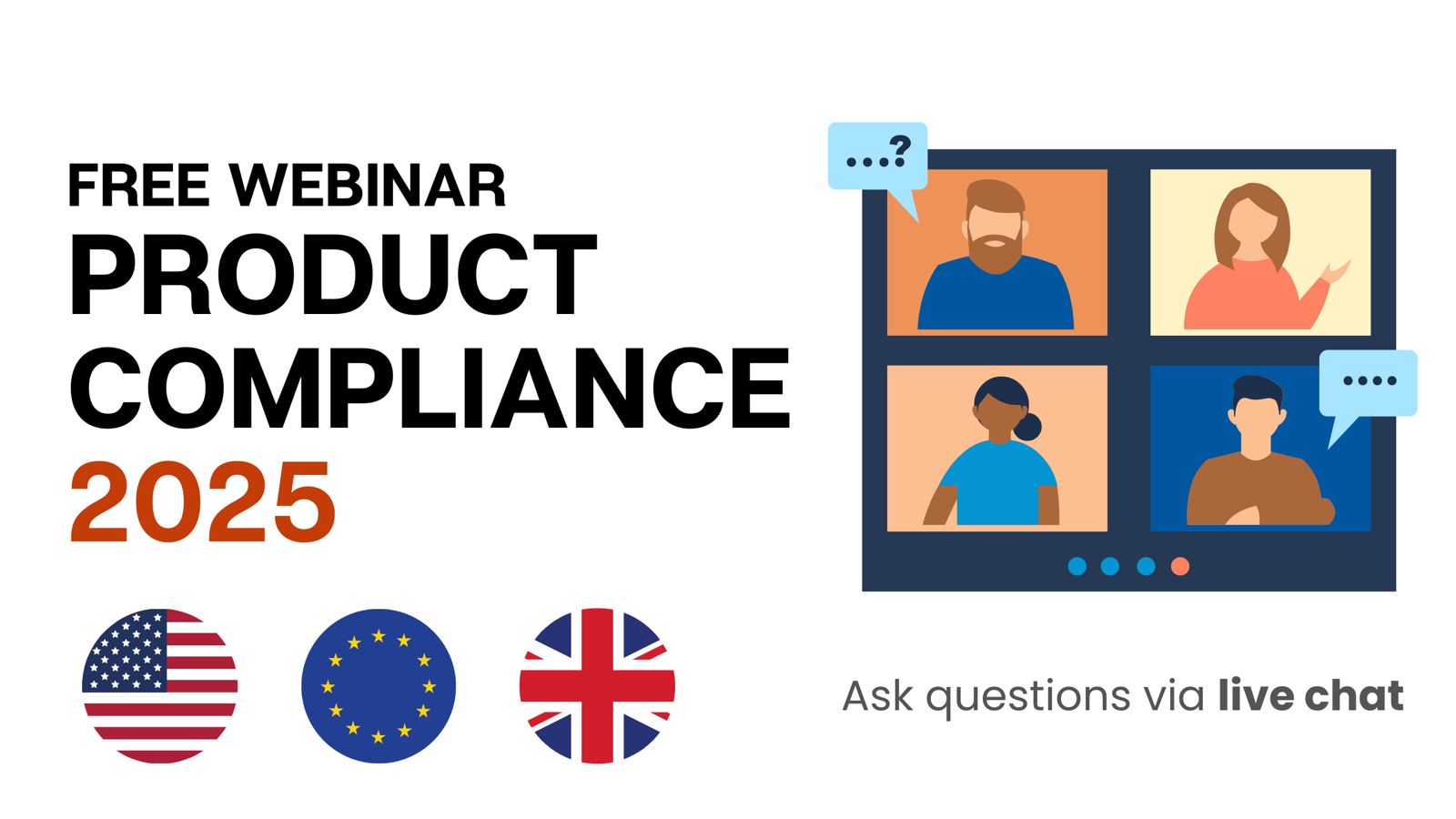

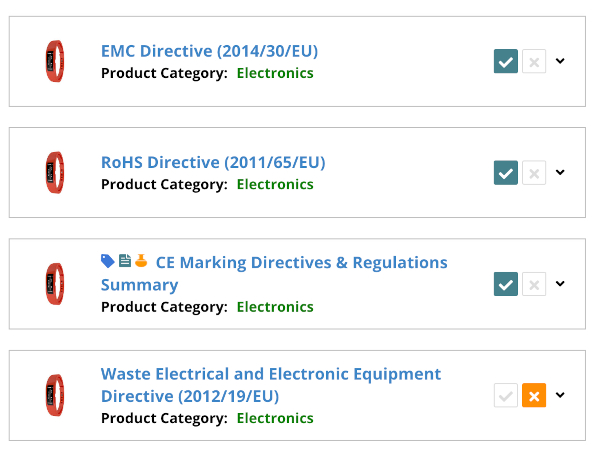

Hi , You might be able to point me in the right direction
I am having a Container House built in China to be sent to New Zealand,
I am looking for an example of what electrical install test certificate I should expect from the Chinese Electrical Installer to present to My New Zealand Electrical Installer
Thanks
Steve